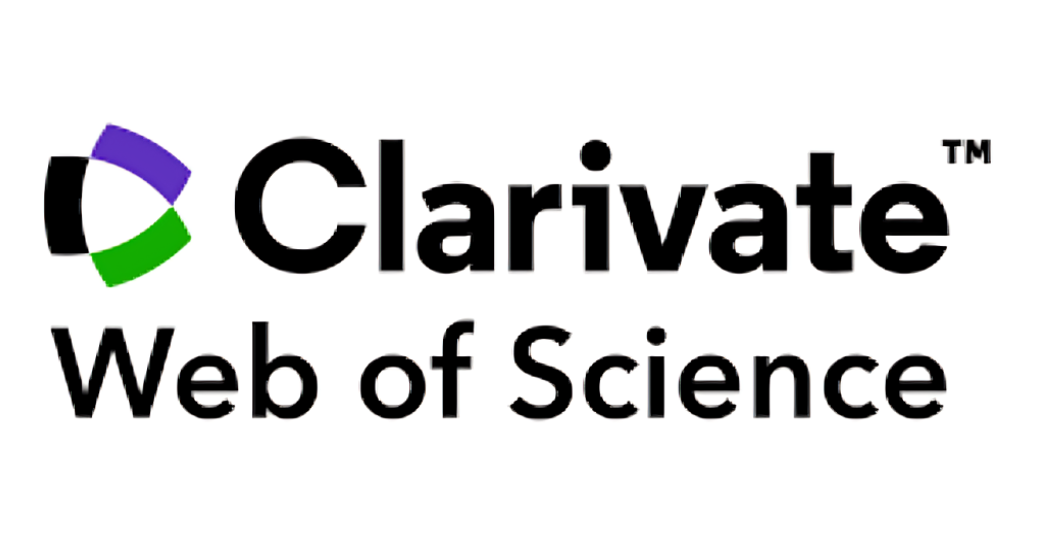Citation Booster Service | Increase Citations Across Scopus, Web of Science, and Google Scholar


It's critical to comprehend the primary citation databases that influence academic discourse and career advancement if you want to maximize the impact of your research.
Scopus is the largest abstract and citation database of peer-reviewed literature, covering over 22,000 journals across the sciences, social sciences, and humanities. It is widely used by universities, research institutions, and funding bodies to evaluate research output and impact.

Web of Science, owned by Clarivate, is another prestigious citation index that covers over 20,000 vetted, high-impact journals. It is regarded as one of the most authoritative sources for measuring research quality and influence.

A freely available search engine, Google Scholar indexes full texts from various scholarly sources, including books, journals, conference papers, dissertations, and other publications. While not as rigorously curated as Scopus and Web of Science, Google Scholar provides a comprehensive view of citations in the broader academic landscape.

Citations are the foundation of academic credibility and impact. When other researchers cite your published work, it signals that your findings, theories, and methodologies are valuable contributions to the scholarly discourse. The more your paper is cited, the greater its perceived importance and influence within your field.
At their core, citations are the structured references made to a published work within the text of another publication. When an author cites a source, they are acknowledging the intellectual contribution of that work to their research or argument.

Direct Citations
It happens when a source is explicitly referenced, and its details are provided (author, title, publication date, etc.) in the text or a reference list.
Indirect Citations
Also known as "secondary citations," these refer to sources that are cited within another cited work rather than being directly consulted by the current author.
Self-Citations
When an author cites their own previously published research in a new paper. It helps maintain narrative flow and contextualize their ongoing contributions.
Negative Citations
Citations that critique, refute, or cast doubt on the cited work. While less common, these can still be valuable in situating your research within academic debates.
Citations are the primary currency used to evaluate the impact and influence of research. The more a publication is viewed as a meaningful, high-quality contribution to its field, the more it tends to be cited by other researchers.

They boost your professional reputation and visibility within your discipline.
They strengthen your case for tenure, promotion, grant funding, and other career advancement opportunities.
They increase the prestige and impact factor of the journals, institutions, and research groups associated with your work.

Improved Reputation
When your work is more cited, it enhances your reputation as a leading scholar in your area of research. Its increased visibility and prestige can open up new opportunities.
Career Advancement
Citation metrics carry a lot of weight when in getting tenure, promotions, grants, and other career achievements. The higher your citation count, the better your chances of career progression.
Expanded Impact
Each new citation helps spread your ideas and findings to a broader audience. The more your work is referenced, the greater its influence on the academic discourse.
Institutional Prestige
Faculty citation counts reflect well on the reputation and research excellence of the university or organization you're affiliated with. High citation numbers make your institution look good.
Our Citation Boosting Services
At SITA Academy, we offer comprehensive services to boost your citation count across the leading databases - Scopus, Web of Science, and Google Scholar. Our team of research experts will work closely with you to develop and execute a tailored citation strategy, leveraging our industry connections and proprietary techniques to ethically and strategically increase the citations to your published paper.
Contact us today to learn more about how we can amplify the reach and impact of your research through our citation boosting services.

Why Choose SITA Academy?

Team of human professionals

Quality Assurance

Timely delivery

Satisfaction guarantee
If you have any questions, inquiries, or would like to learn more about our services, please don't hesitate to reach out to us. Our dedicated team is ready to assist you.